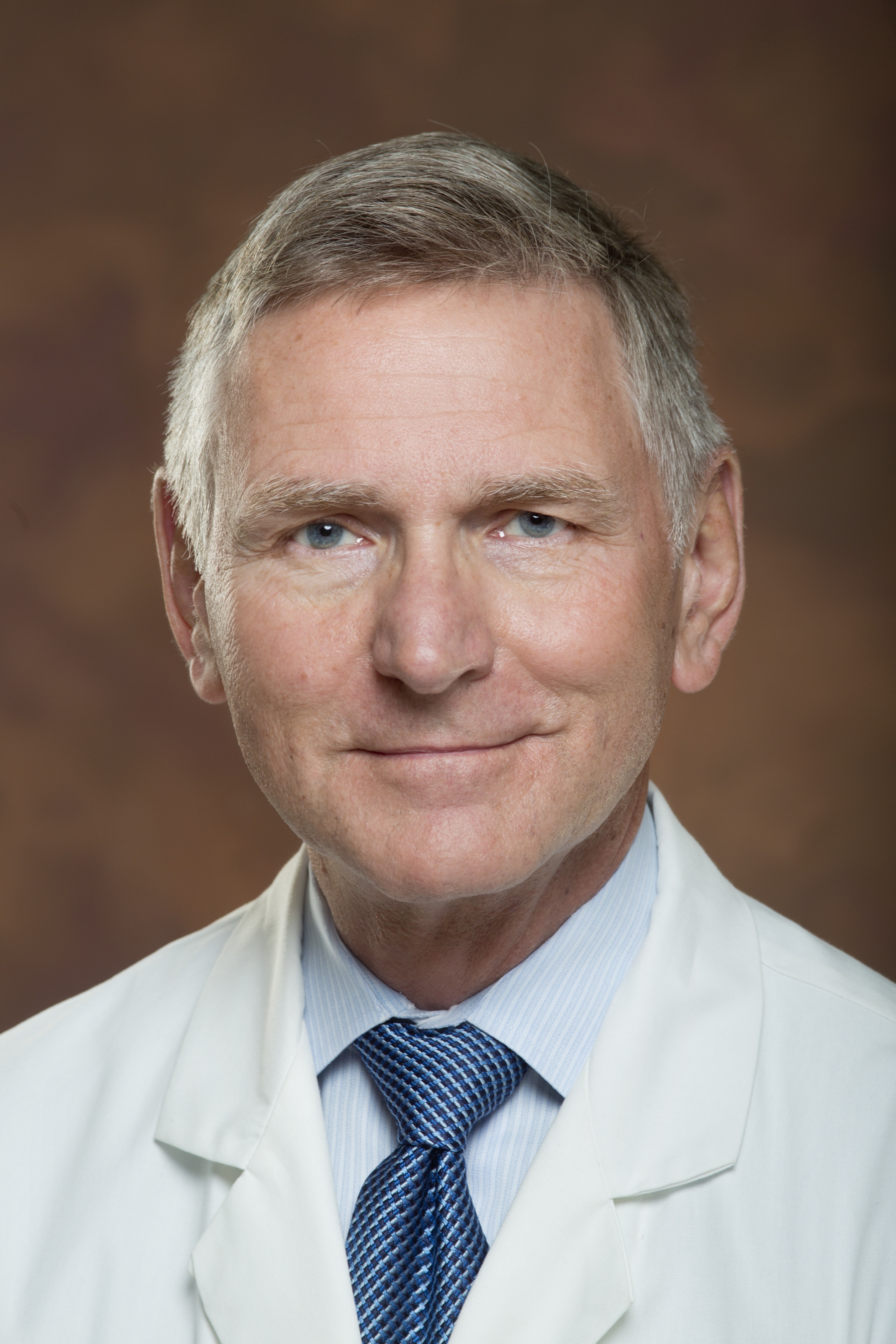Richard Fessler, MD, PhD, of Chicago-based Rush University Medical Center, passionately believes physicians should take on active roles in healthcare policy.
"Any physician has more than a responsibility just to take care of his patients," says Dr. Fessler. "He has to have leadership roles in decision-making in healthcare within the U.S." Dr. Fessler lives up to his own words, serving on Congressman Robert Dold's and Senator Mark Kirk's policy committees.
within the U.S." Dr. Fessler lives up to his own words, serving on Congressman Robert Dold's and Senator Mark Kirk's policy committees.
"We have to have well-trained surgeons and medical doctors for every generation," says Dr. Fessler. "It's the responsibility of the previous generation to do that training to not only transfer the knowledge they have, but to instill the feeling that it is up to them to advance knowledge beyond what they learned."
Dr. Fessler expresses concern about certain trends, like predictive analytics, removing the physician from the care equation. Although data analytics is the foundation of many changes in healthcare today, from value-based care to data transparency, it's also a double-edged sword, fostering many potential problems. Predictive analytics might increase accuracy or might advance preventive medicine, but it might not.
"Predictive analytics is a promise with no evidence to back it up," says Dr. Fessler. In spine surgery specifically, analytics alone may prove detrimental to patients because spine surgery outcomes depend on accurate diagnoses and surgeons' skills.
Data analytics offers recommendations based on the skill level of a general population of surgeons. Therefore, even though a highly qualified surgeon may be able to perform a complex spinal surgery, the data may advise against the procedure. The patient loses out if surgeons are expected to abide by an algorithm rather than their specific experience and expertise.
"I don't think [data analytics] should be used in a manner which would move the physician out of the decision-making process. It should be an adjunct, not a replacement," says Dr. Fessler.
Dr. Fessler highlights six major healthcare industry trends to watch:
- Increased data sharing, resulting in less patient privacy
- Exploration of alternative delivery models of medicine
- Employment of physician extenders (physician assistants, nurse practitioners) with enhanced roles
- Focus on positive and value-added outcomes, and punishment for those who don't meet outcomes
- Attempts of payers to remove physicians from decision-making process
- Rise in personalized healthcare delivery and home-based delivery system


